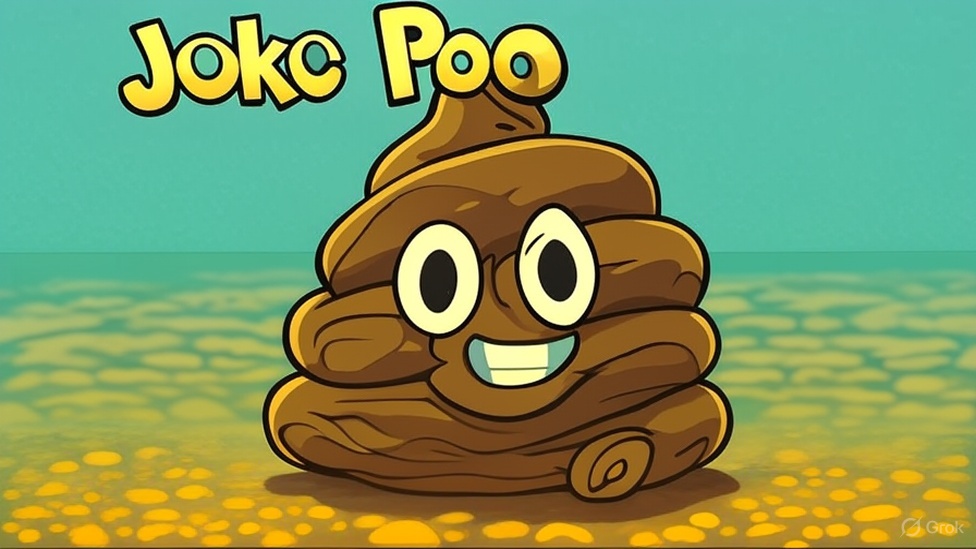A thesaurus strolls into a bar.
A thesaurus ambles into a bar.
A thesaurus strides into a bar.
A thesaurus steps into a bar.
A thesaurus jogs into a bar.
A thesaurus struts into a bar.
A thesaurus plods into a bar.
A thesaurus marches into a bar.
A thesaurus trudges into a bar.
A thesaurus wanders into a bar.
Joke Poo: A Comedian Walks Into a Bar
A comedian shuffles onto a stage.
A comedian mumbles onto a stage.
A comedian sighs onto a stage.
A comedian bombs onto a stage.
A comedian sweats onto a stage.
A comedian exits… still on stage.
Okay, let’s break down this joke and then build something new from it.
Joke Dissection:
- Premise: A thesaurus entering a bar. This is unexpected. We typically think of people, not reference books, frequenting bars.
- Punchline (Structure): The humor comes from the list of synonyms describing the thesaurus’s entry. The joke’s punchline is the repetition of similar actions, each described differently, all relating to the function of a thesaurus (providing synonyms).
- Humor Type: Wordplay/Puns, and to a lesser extent, Observational humor (observing the role of the thesaurus). The humor hinges entirely on understanding the function of a thesaurus and applying that function to a mundane action.
- Subtleties: The joke gets funnier as the list grows, because the absurdity of the situation is compounded by the increasingly specific (and sometimes less common) synonyms.
Key Elements:
- Thesaurus: The central character, representing language and synonyms.
- Bar: A common social gathering place, creating a juxtaposition with the academic nature of a thesaurus.
- Verbs of Motion: The core of the joke; the list of synonyms used to describe the thesaurus’s entrance.
Comedic Enrichment:
Let’s focus on the "verbs of motion" aspect. Here’s a joke, incorporating a fact about the thesaurus’s history:
New Joke:
A thesaurus saunters into a bar, orders a drink, and complains to the bartender, "Life’s rough, you know? I’ve been doing this synonym thing since Peter Mark Roget, and people still think ‘roget’ is just a bad haircut! No respect, I tell you!"
Why this works (and why it’s funnier, hopefully!):
- Builds on the Original: It maintains the concept of the thesaurus in a bar, but gives it dialogue, which adds another layer of absurdity.
- Incorporates a Fact: Peter Mark Roget was the creator of Roget’s Thesaurus. This fact adds a bit of education to the humor.
- Unexpected Perspective: The thesaurus is now personified and complaining. Giving it a voice allows for a more direct comedic expression.
- Wordplay and Metaphor: "Roget" being interpreted as a bad haircut combines wordplay with a more current expression, and metaphorically represents being undervalued and misunderstood.


